Blog
-
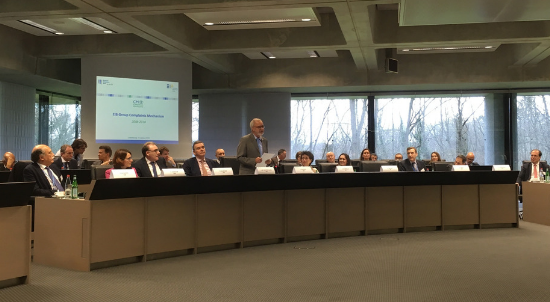 15 January 2019
15 January 2019Celebrating the 10 Year Anniversary of the EIB Complaints Mechanism
Yesterday, Accountability Counsel attended the European Investment Bank (EIB) Complaints Mechanism 10 Year Anniversary event at the EIB Headquarters in Luxembourg. -
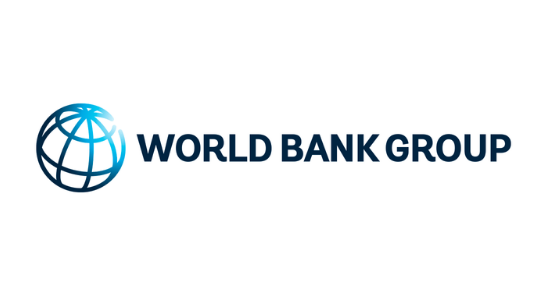 14 January 2019
14 January 2019Accountability Counsel Submits Joint Statement to World Bank’s Board of Directors on its Initial Review of the Panel’s Toolkit
Today, Accountability Counsel and 66 global partners submitted a joint statement to the World Bank Group’s Board of Directors, expressing disappointment that three important measures were not approved in the initial review of the Inspection Panel’s toolkit. -
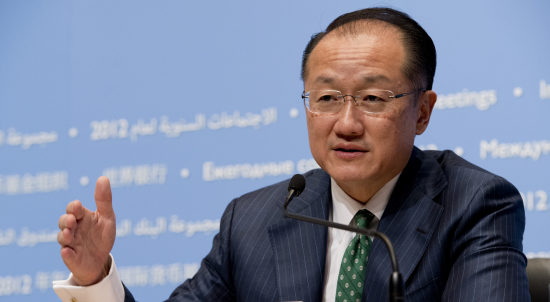 8 January 2019
8 January 2019The World Bank Group President Steps Down, Adding to Washington Ethics Lapses and Cementing a Legacy
Yesterday, World Bank Group President Jim Yong Kim’s announcement of his sudden departure signaled that something is deeply amiss. His February 1, 2019 departure date, more than three years before the end of his term, translates into unanticipated costs to the Bank as it is forced to prematurely undergo a major leadership change. The full story about why he resigned is not yet public. But there is much that can be said about Kim’s legacy as a Bank President, his immediate next move that violates the Bank’s Code of Conduct, and implications for the future of Bank leadership and the institution as a whole. -
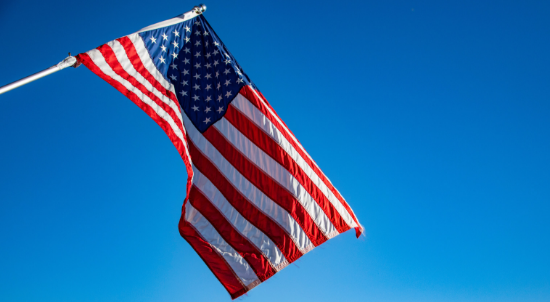 2 January 2019
2 January 2019Next Steps for the U.S. International Development Finance Corporation
In October 2018, the Better Utilization of Investments Leading to Development (BUILD) Act became law, creating a new U.S. development finance institution. The new institution, the United States International Development Finance Corporation (USDFC), will subsume the Overseas Private Investment Corporation (OPIC) and some USAID entities. Accountability Counsel successfully advocated for the BUILD Act to require the USDFC to implement strong environmental and social protections and for the new institution to have an accountability office, which would allow individuals harmed by the USDFC’s activities to seek redress. -
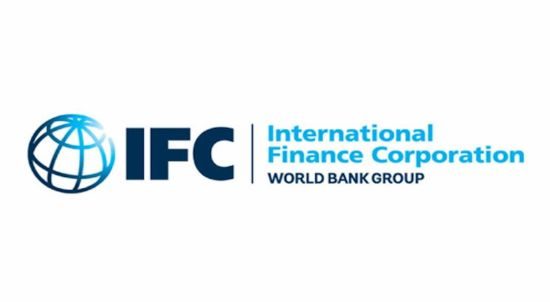 21 December 2018
21 December 2018Accountability Counsel Submits Joint Recommendations to the IFC on its Operating Principles for Impact Management
Accountability Counsel, and 24 partner organizations, made a joint submission today to the International Finance Corporation (IFC) on its draft Impact Investing: Operating Principles for Impact Management (the Principles). The Principles will be a set of voluntary guidelines for impact investors, touching on impact strategy, assessment, and monitoring. Our submission illustrates how accountability is crucial to effectuating the Principles, and recommends strengthening the Principles by including explicit references to good accountability practices. -
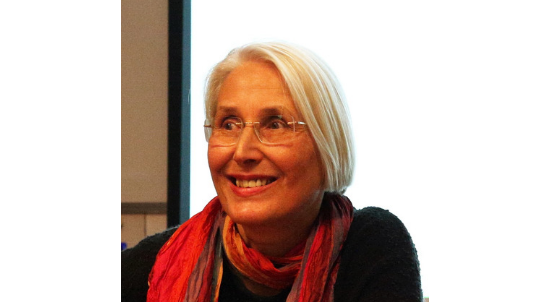 18 December 2018
18 December 2018Arntraud Hartmann Joins Expert Panel of the Independent Complaints Mechanism
Arntraud Hartmann was recently selected to join the Independent Expert Panel of the Independent Complaints Mechanism (ICM), replacing Maartje van Putten who had recently completed her term. Hartmann will be one of the three Panel members supporting the ICM, which is a joint initiative of The Netherlands Development Finance Company (FMO), German Investment Corporation (DEG) and, starting next year, the French development bank Proparco. -
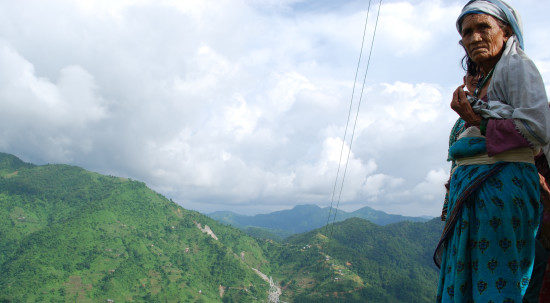 12 December 2018
12 December 2018Protecting Defenders in Development: Lessons Learned from Nepal
As we celebrate the 70th anniversary of the Universal Declaration of Human Rights this week, human rights defenders across the globe are under attack. A human rights defender is not just a visible leader in a campaign for justice. Rather, every person asking for information about or voicing their concern about a project, be it privately or sitting in a protest, is a defender who runs the risk of retaliation. -
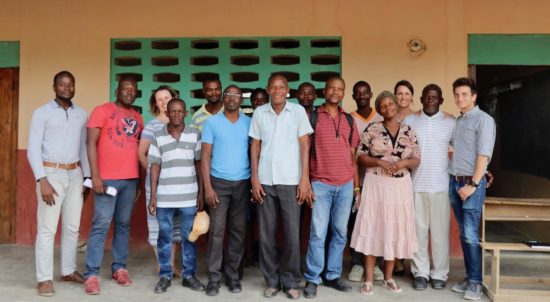 9 December 2018
9 December 2018Haitian Farmers Reach Historic Agreement With Development Bank and Government to Address Harm from Post-Earthquake Project
Caracol, Haiti — On December 8, 2018, hundreds of Haitian farmers and their families, representing nearly 4,000 people, reached an historic, negotiated agreement with their government and a development bank concerning the taking of their farmland for the Caracol Industrial Park in 2011. The agreement provides for remedial support with a… -
 6 December 2018
6 December 2018Accountability Counsel Submits Joint Letter to UNDP Administrator
Accountability Counsel and 22 partner organizations sent a letter today to United Nations Development Programme (UNDP) Administrator Mr. Achim Steiner. Our joint letter requests Mr. Steiner’s expeditious review of social and environmental complaints stemming from UNDP activities. It calls upon UNDP to provide remedy to project-affected communities in an efficient and timely manner. -
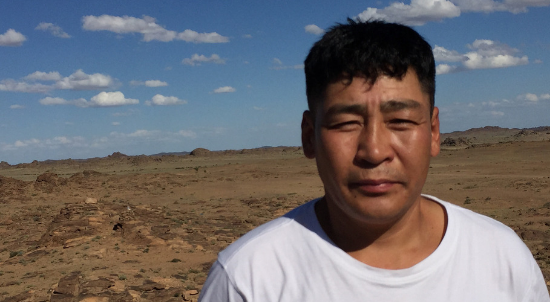 4 December 2018
4 December 2018Accountability Counsel Calls upon Governments and Development Banks to Safeguard Human Rights Defenders
Human Rights Defenders are a Cornerstone of Sustainable Development. Together with over 200 groups around the world, Accountability Counsel calls upon governments and development banks to safeguard human rights defenders. -
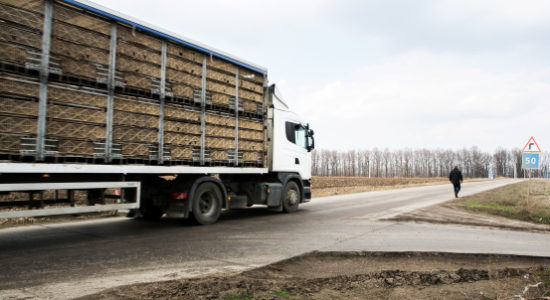 15 November 2018
15 November 2018Will the Long-Awaited Bypass Road Pave the Way to Reconciliation?
Villagers in rural Olyanytsya, in central Ukraine, are hopeful that village life is about to become a lot more bearable. After putting up with intense heavy vehicle traffic from the industrial farming operations of agro-giant Mironivsky Hliboproduct (MHP) for years, the company has finally finished building a bypass road to divert traffic around residential areas. -
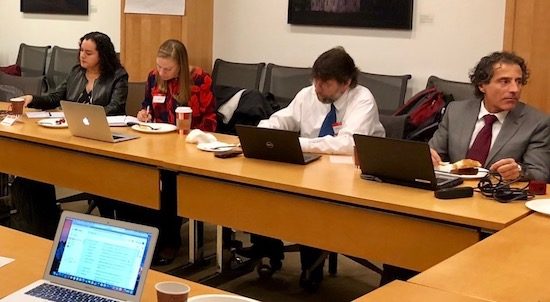 14 November 2018
14 November 2018Accountability in Development Finance this Week in D.C.
This week, Accountability Counsel’s team is in full swing with a packed agenda in Washington, D.C., with a host of events centered around development finance institutions and their independent accountability mechanisms (IAMs). As our work shows, IAMs are crucial as they can provide access to remedy for individuals and communities who have been harmed by internationally financed activities. -
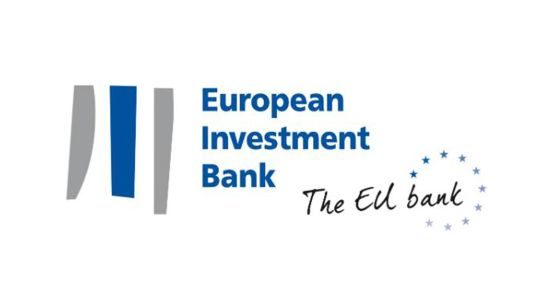 13 November 2018
13 November 2018Press Release: EIB to Weaken Accountability Mechanism, Despite Civil Society Criticism
(Brussels, November 13, 2018) – In a step backwards for the EU bank’s transparency and accountability, the Board of Directors of the European Investment Bank (EIB) has approved a controversial new policy of its Complaints Mechanism, a move that will take the bank further away from the communities affected by its operations – say NGOs. -
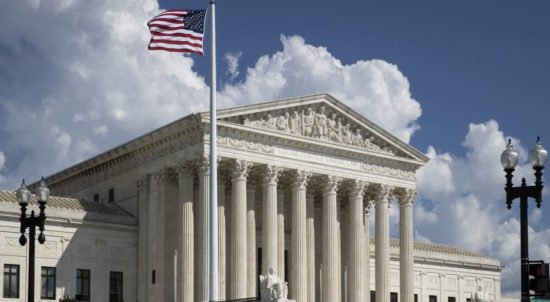 1 November 2018
1 November 2018What Jam v. IFC Should Mean to Accountability at the World Bank Group
Yesterday, the United States Supreme Court heard oral arguments in Jam v. International Finance Corporation, a landmark case challenging the World Bank Group’s claim to immunity in a lawsuit brought by Gujarati fishing communities and their lawyers at EarthRights International. As the Supreme Court deliberates, the International Finance Corporation (IFC) is claiming that because the IFC has its own “robust internal accountability mechanism,” it does not need to be sued. This internal mechanism is the Compliance Advisor Ombudsman (CAO). -
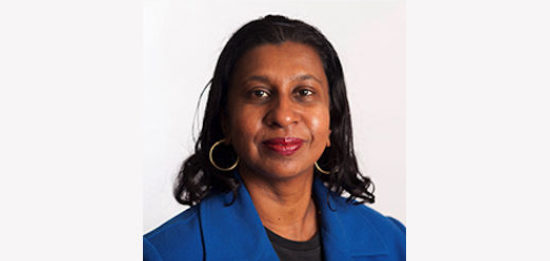 30 October 2018
30 October 2018Ramanie Kunanayagam Appointed as Inspection Panel’s Newest Member
Today, the World Bank Inspection Panel announced that Ramanie Kunanayagam will be the newest member of the Inspection Panel. As advocates for people who seek justice through independent accountability mechanisms, Accountability Counsel welcomes Kunanayagam into her new role. -
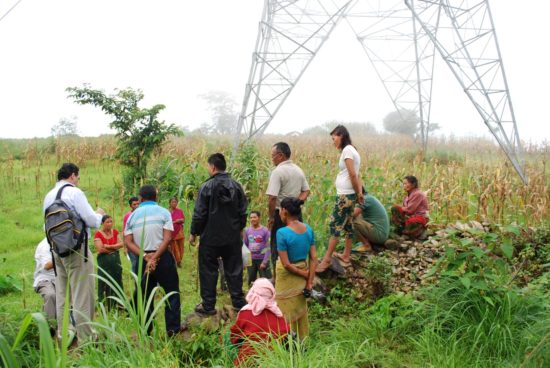 22 October 2018
22 October 2018Press Release: World Bank expert’s report says lack of community participation causing conflicts in Nepal’s energy sector
WASHINGTON DC, U.S.A – Monday, October 22, 2018 The World Bank finally released a report by international dispute-resolution expert, the Consensus Building Institute (CBI) late last week. The CBI report sheds new light on ways to prevent the “proliferation of conflicts” that had been occurring in Nepal between local communities… -
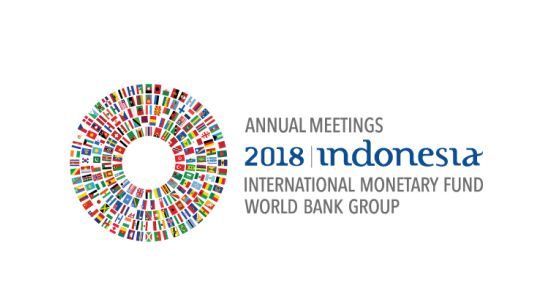 19 October 2018
19 October 2018Repression of Civil Society at the World Bank Annual Meetings
During the 2018 World Bank Group annual meetings in Bali last week, Indonesian authorities forcibly shut down civil society convenings that have, for decades, met alongside the Annual Meetings. -
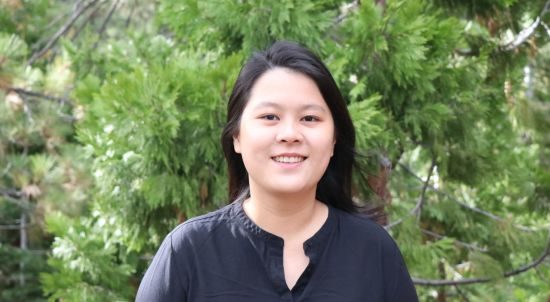 18 October 2018
18 October 2018Shuen Quek Joins Accountability Counsel’s Team
Accountability Counsel welcomes Shuen Quek as our first Communications Fellow. In this new role, Shuen will support our teams’ strategic media to strengthen Accountability Counsel’s community cases, policy advocacy, and research initiatives. -
 16 October 2018
16 October 2018IFC Impact Investing Principles
The IFC recently released the Operating Principles for Impact Management (the Principles), a set of impact investing standards developed by asset owners, managers, and other industry experts. These Principles mark an important first step toward institutionalizing a uniform set of standards that impact investors of all sizes can reference when making investment decisions. They provide investors with guidance on how to manage investments so that they contribute to measurable positive social, economic, or environmental impact, while simultaneously generating financial returns. Investors may apply the Principles to their entire portfolio, or in the case of institutions that also engage in non-impact transactions, a smaller subset therein. -
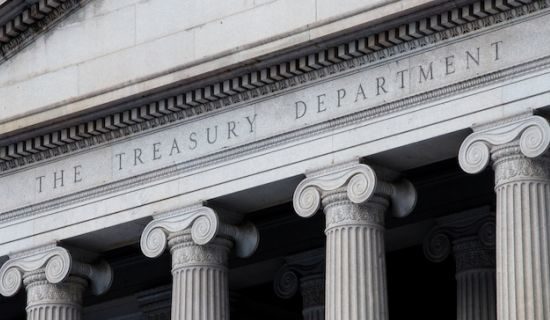 15 October 2018
15 October 2018Press Release: U.S. Treasury Secretary Mnuchin Calls for Increasing Accountability at the World Bank Group
(Washington, D.C., October 15, 2018) – Accountability Counsel, Bank Information Center (BIC), and the Center for International Environmental Law (CIEL) welcome the statement from U.S. Treasury Secretary Steven T. Mnuchin supporting many of the key advances we have been seeking with regard to accountability at the World Bank Group.

